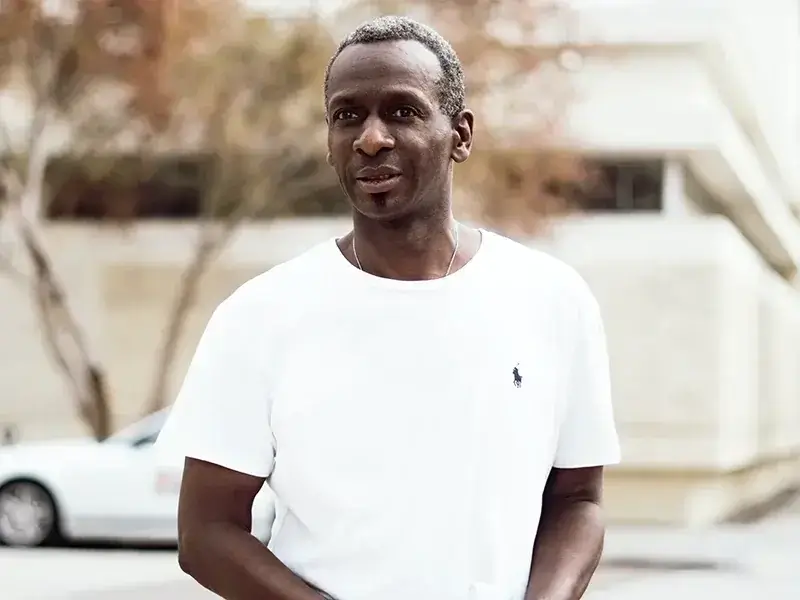

Dual diagnosis treatment refers to when someone with a drug or alcohol addiction has a co-occurring mental health disorder. It can lead to more complex problems than having either condition alone. This can include an increased risk of relapse, hospitalization, and even of homelessness and contracting diseases such as HIV and Hepatitis C. It is, therefore, important to receive special care to have the best chance of long-term recovery.
If you are wondering if you or a loved one has a dual diagnosis, we are here to help at Vita Recovery. We provide sophisticated and discrete evaluation and treatment for clients, including professional athletes and executives, putting your needs at the heart of your treatment and recovery.
To understand dual diagnosis, we must understand mental health and substance use disorders. Substance use disorders range from substance abuse to dependence and addiction. Substance abuse may be misusing your prescription medication or taking illicit substances. The more you abuse substances, the more likely you are to develop dependence and addiction.
Dependence develops with continued substance use. Your body adapts so that it thinks it cannot function normally without the substance, and so you experience withdrawal symptoms when you try to cut down or stop. Drug and alcohol addiction are also progressive. They are brain disorders that cause you to compulsively seek out and take the substance to which you are addicted.
Mental Health conditions are a range of disorders that affect your cognition, emotional regulation, and/or behavior. They include common diagnosis such as depression and anxiety. Mental Health conditions can be debilitating, preventing you from carrying out day-to-day activities and living a happy and enjoyable life.

The National Institute on Drug Abuse (NIDA) reported that 7.7 million people have co-occurring mental and substance use disorders. It can be difficult to assess whether one causes the other, but there are some risk factors for developing a substance use disorder that overlaps with risk factors for mental health conditions. These include:
Genetics
Trauma
Being bullied
Stressful environments
Bereavement
Having a mental health condition increases your chances of developing a substance abuse problem and vice versa. You may use substances to deal with persistent and debilitating physiological and emotional conditions, or your substance use may lead to or exacerbate mental health conditions.


While it may feel that self-medicating eases symptoms of your mental health by making you feel better or numbing your feelings, it is dangerous. Substance abuse can make mental health problems worse and even cause mental illness. This can lead to a cycle where you take substances to ease symptoms which makes mental health symptoms worse, causing you to take more substances to ease them.


There are so many different combinations of dual diagnoses making it nearly impossible to list all possibilities. However, there are some common behavioral and mental health symptoms. These include:
Feeling depressed or anxious when you are sober
Using substances to cope with mental health problems
Trying to quit substances and relapsing due to mental health problems
Withdrawing from family and friends
Secretiveness
Risk-taking
No longer taking part in activities that were once enjoyed
Problems concentrating
Dual diagnosis treatment addresses all the complex needs of the individual. Each person has different needs, so it is necessary for the treatment provider to understand the specific experience of the person before you begin any dual diagnosis treatment.


The first step of recovery will be detoxing from the substances you are abusing. This is where you stop taking it and allow your body to rid itself of toxins. Medical detox is the safest way to go through withdrawal. Medical professionals will monitor your withdrawal symptoms as they happen and provide you with any medication or therapy that you need so that you can be as comfortable and safe as possible. Once Detox is complete you may move to a lower level of care.


Given the complexity of most cases, people with a dual diagnosis may need to undergo inpatient treatment if determined to be necessary by a professional. When choosing an addiction treatment center, make sure that it also has mental health treatment programs.
Being in a residential treatment program takes you out of the environment in which you were taking substances. It allows you to recover in a safe and comfortable environment with twenty-four-seven care from doctors, nurses, psychiatrists, psychologists, and therapists.
However, if you have responsibilities that you cannot put on hold and you are stable and safe enough it may be possible to take part in outpatient programs. This allows you to stay at home while undergoing your treatment, but you will still benefit from medical assistance and medication to help with withdrawal symptoms.
Following detox, it is important to receive ongoing care to help your mental health and any other complexities that come with your dual diagnosis. Mental health residential services could help you to address the reasons for taking substances and treat your mental health issues.
The longer you have to adjust to any new medications and take advantage of the treatment offered at any level of care, evidence shows the better your chances of long-term recovery and a return to a happier, healthier life will be.
An ongoing care plan can include therapy and support groups. These help you to understand your relapse triggers and work to manage them so that you have a better chance of long-term recovery. Many people benefit from twelve-step support groups, which many continue to attend for the rest of their lives.

The data is not yet clear on the most common dual diagnoses. However, some common mental health disorders do co-occur with substance use disorders including depression, anxiety, attention deficit hyperactivity (ADHD), bipolar disorder, post-traumatic stress disorder (PTSD), schizophrenia, and obsessive-compulsive disorder (OCD).


Anyone can suffer from a dual diagnosis - you may be very successful with a happy family life, yet the pressures and stresses of work can eventually wear you down, and you start to use substances to ease this. Many people will manage to hide their substance use for years before it catches up with them. However, the sooner you recognize your problem and the sooner you get treatment, the more effective it will be and the sooner you can live a healthier life with a much improved life-work balance.
If you suspect that you or a loved one suffers from co-occurring disorders, our dual diagnosis treatment center in Miami is here to help. We are a sophisticated treatment center with highly trained clinicians. We put your needs at the forefront of treatment, providing the privacy and support necessary for the most positive and long lasting outcomes. Your individual treatment plan will be designed to address your medical, psychological, emotional, and social needs.
We offer:
Comprehensive, multidisciplinary evaluation
Partial hospitalization
Intensive outpatient programs
Therapies, including cognitive behavioral therapy and group sessions
Medication management
Continued care planning
If you are ready to seek support, please get in touch with us today. We will be happy to answer any questions you have about our treatment services.
